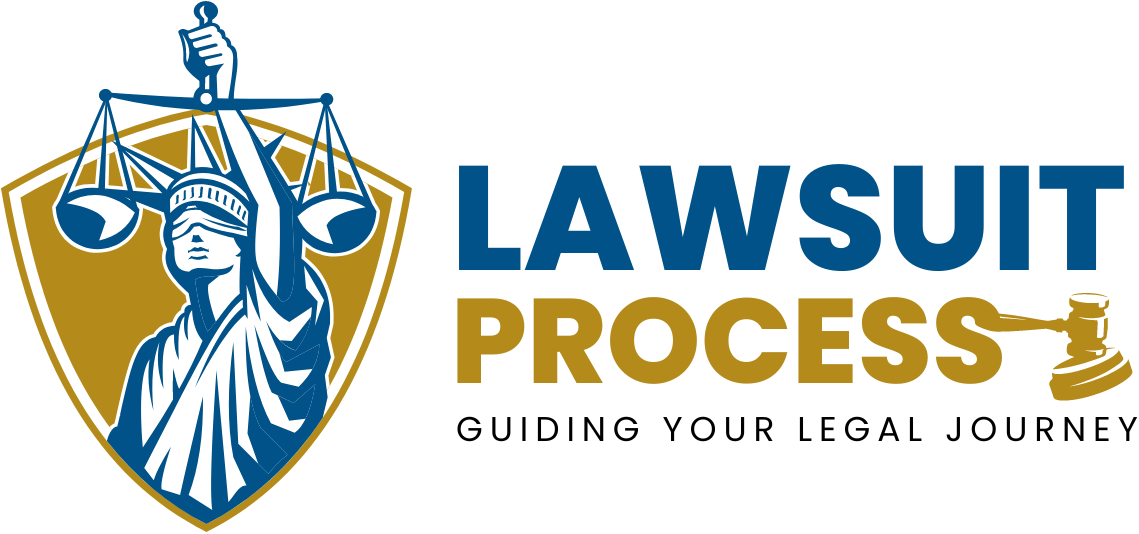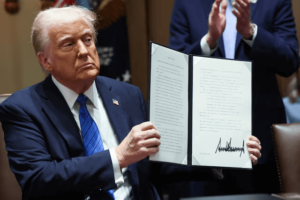New York — President-elect Donald Trump is set to be sentenced on January 10, 2025, by Judge Juan M. Merchan in New York City. The sentencing follows his conviction on 34 felony counts of falsifying business records related to hush money payments made to adult film actress Stormy Daniels. The case has drawn significant national and international attention for its unprecedented nature.
The charges stem from allegations that Trump orchestrated a $130,000 payment to Daniels during Trump’s presidential campaign in 2016 to prevent her from publicly disclosing an alleged affair. Prosecutors argued that the payment was falsely recorded in Trump Organization business records as legal expenses, constituting felony falsification of business records under New York law.
The jury found Trump guilty on all 34 counts in late 2024. Each count pertains to individual instances of allegedly falsified entries in the business records tied to the payments.
Judge Merchan has indicated that Trump will receive an unconditional discharge. This means that while Trump is formally sentenced, he will not face imprisonment, probation, or fines. This decision is based on the nature of the charges, the legal standards applied during the trial, and Trump’s role as President-elect.
The unconditional discharge ensures that Trump can assume office on January 20, 2025, following his victory in the 2024 presidential election. This will make him the first U.S. president to take office with a felony conviction.
The trial and upcoming sentencing have sparked widespread debate and reactions from legal experts, political figures, and the public.
- Prosecution Perspective: Prosecutors emphasized the importance of upholding accountability, arguing that the falsification of business records was part of an attempt to mislead the public and influence the 2016 election.
- Defense Perspective: Trump’s legal team argued that the charges were politically motivated and claimed that the payments were personal expenses unrelated to campaign activities.
Critics of the case have raised questions about its timing and potential political implications. Supporters of the conviction view it as a reaffirmation of the rule of law.
Trump’s sentencing marks an unprecedented moment in U.S. history. Legal analysts note that the case sets a precedent for how the justice system handles allegations against high-profile figures, including elected officials. The case also raises questions about the intersection of legal accountability and political leadership as Trump prepares to take office under these extraordinary circumstances.
The sentencing hearing is expected to attract significant media coverage and public attention. Legal observers are closely watching the proceedings for any additional statements from the judge or legal teams that may provide further context about the case’s resolution.
References
- AP News – Judge sets Trump’s sentencing in hush money case for Jan. 10, but signals no jail time
- Wall Street Journal – New York Judge Sets Donald Trump Hush-Money Sentencing for Jan. 10
- People – Donald Trump Will Be Sentenced on 34 Felony Convictions Days Before Inauguration as Judge Issues Jail Time Decision
- Image Courtesy of: APNews










